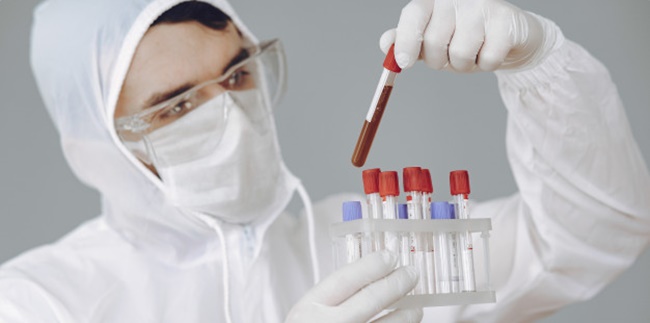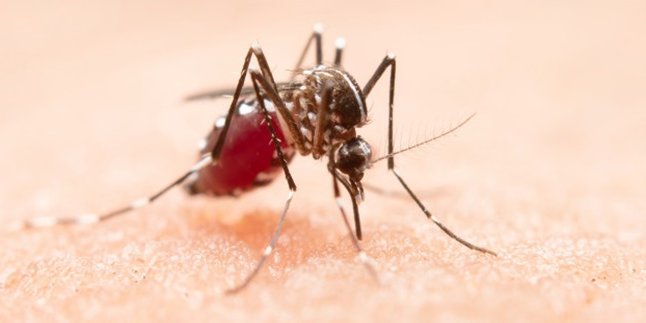Kapanlagi.com - Thick blood, also known as hypercoagulability, occurs due to an imbalance or abnormality between the proteins and cells responsible for blood and blood clotting. This condition tends to make the blood thicker than usual and even at risk of blood clotting. The causes of thick blood can be experienced due to various triggering factors that are important to know.
Thick blood is often found when experiencing an open wound, which is the process of blood clotting for wound healing. This is normal if thick blood is experienced as part of wound healing. However, in hypercoagulability, the blood tends to be thicker and stickier than normal blood.
Quoted from medicalnewstoday.com, someone who experiences hypercoagulability tends to experience excessive blood clotting. As a result, this condition can disrupt blood flow throughout the body, causing a decrease in oxygen levels in cells and triggering certain health problems.
In addition, the risk of blood clotting may also occur, leading to health problems such as heart disease, stroke, and kidney disorders. Where the risk of blood clotting events is also grouped based on the clots that occur in the body area, triggering health problems.
Knowing the causes of thick blood is important to prevent further risk levels. The causes of thick blood can be found through several reviews below. The following causes of thick blood have been summarized by kapanlagi.com from various sources.
1. Genetic Factors
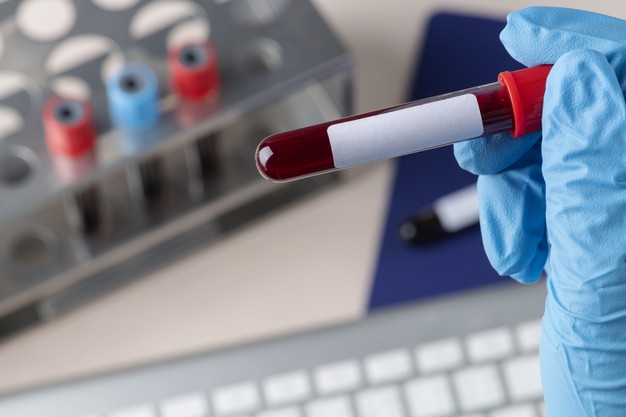
(credit: freepik.com)
The first cause of thick blood can occur due to genetic disorders. These genetic disorders are usually inherited from parents. According to medicalnewstoday.com, individuals with genetic disorders such as having too much protein for blood clotting are at risk of thick blood condition.
This condition is called Factor II or known as the prothrombin Gene 20210A mutation. The excess prothrombin can be a factor in abnormal blood clotting and even risk of blood clots.
2. History of Cancer

(credit: freepik.com)
Thick blood can also be caused by a history of cancer. As is known, cancer is one type of chronic disease that poses a serious risk. Certain types of cancer can even cause blood to become thick or dense. One of them is polycythemia vera (PV), which is a cancer that occurs in the bone marrow.
This type of cancer can cause an imbalance of red blood cells, white blood cells, or platelets. As a result, the blood can become thick or dense. Consultation and medical examination can be done to help overcome thick blood caused by polycythemia vera (PV) cancer.
3. Lupus Disease
Lupus disease is a disease that attacks the human immune system. This causes inflammation in various parts of the body such as joints, skin, or other vital organs. According to medicalnewstoday.com, lupus disease can also cause blood to become thick. This occurs because the autoimmune inflammation is caused by procoagulant activity. Procoagulant is a substance that stimulates protein for the blood clotting process. However, further examination is needed to determine the exact cause of thickened blood.
4. Genetic Disorders
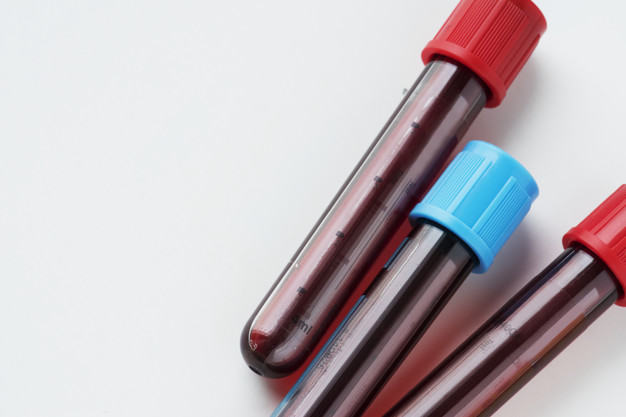
(credit: freepik.com)
Thick blood can also be caused by genetic disorders, such as factor V Leiden. According to medicalnewstoday.com, factor V Leiden is a genetic mutation that can increase the risk of blood clotting, especially in the inner veins. This condition can occur due to excessive activity of factor V Leiden, which can cause the blood to become thick.
5. Protein C and Protein S Deficiency
Another cause of thick blood can be due to protein deficiency. The lack of protein C and protein S is known to thicken the blood. These proteins function to control blood clotting. However, if these proteins are reduced, they can disrupt the blood clotting process. According to medicalnewstoday.com, individuals with protein C or protein S deficiency are at risk of blood clotting.
6. Side Effects of Certain Medications

(credit: freepik.com)
The thickening of blood can also be caused by the side effects of certain medications. According to my.clevelandclinic.org, some types of drugs used for cancer can pose a risk of blood clotting. Among these drugs are tamoxifen, bevacizumab, thalidomide, and lenalidomide. Consultation and examination may be considered to address these medication side effects.
7. Bacterial, Viral, or Fungal Infections
According to halodoc.com, the thickening of blood can also be caused by bacterial, fungal, or viral infections. This is because certain types of bacteria, viruses, or fungi can activate coagulation in the body. This can affect the blood clotting process. These infections can also cause various health problems.
8. Cholesterol Clumps
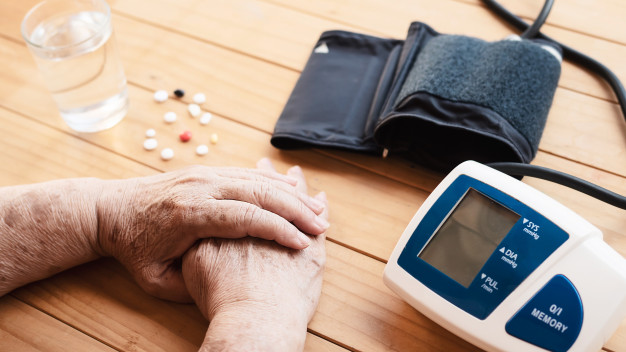
(credit: freepik.com)
Cholesterol clumps can also trigger thickening of the blood. This is related to high cholesterol levels that cause an imbalance in cholesterol levels in the body. This condition can disrupt blood flow in the arteries. Some health problems may also arise, including stroke or heart disease. Further consultation and examination are needed to help address these issues.
9. How to Prevent Thick Blood

(credit: freepik.com)
Several ways to prevent thick blood can be easily practiced to address blood thickening. The following are ways to prevent thick blood as reported by merdeka.com.
- Sufficient fluid intake to prevent dehydration.
- Avoid sitting for too long to prevent blood vessel blockages.
- Consume healthy foods.
- Avoid smoking or excessive alcohol consumption.
- Wear compression stockings as advised and instructed by a doctor.
- Maintain an ideal body weight.
- Engage in regular exercise.
Those are the 8 causes of thick blood that need to be known, along with ways to prevent it. Further consultation and examination can be considered to address health problems that arise due to blood thickening.
(kpl/nlw)
Disclaimer: This translation from Bahasa Indonesia to English has been generated by Artificial Intelligence.
